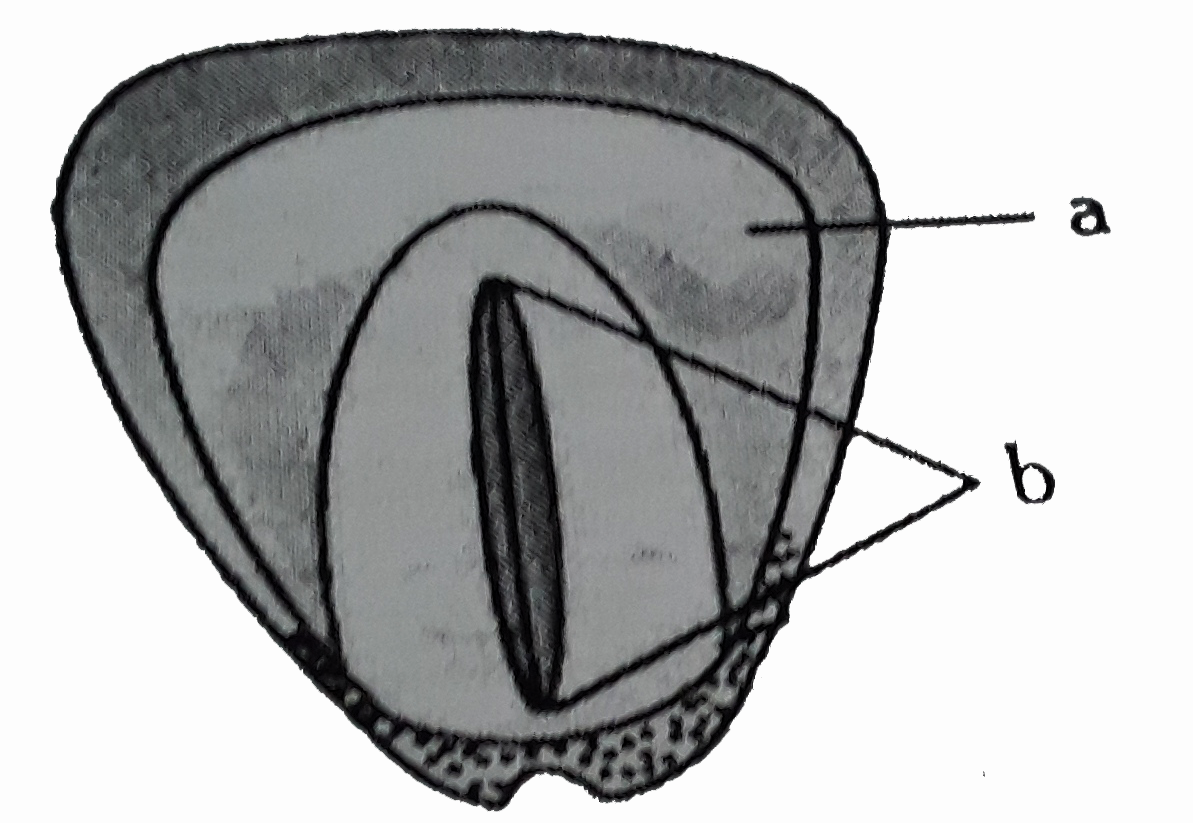Importance of microelements was recognised late due to
their toxicity
presence as contaminants in macronutrients
negligible role played by them in plant physiology
leakage from roots.
The correct Answer is:2
Step-by-Step Solution:
1. Understanding Microelements: Microelements, also known as micronutrients, are essential nutrients required by plants in small quantities. They include elements like iron, manganese, zinc, copper, molybdenum, and boron.
2. Historical Context: The recognition of the importance of microelements in plant nutrition occurred later than that of macronutrients (such as nitrogen, phosphorus, and potassium). This delay can be attributed to several factors.
3. Analyzing the Options:
- Option A (Their toxicity): While some microelements can be toxic in high concentrations, this is not the primary reason for the late recognition of their importance.
- Option B (Presence of contaminants in micronutrients): This option suggests that contaminants in micronutrients hindered their recognition, but this is not a widely accepted reason.
- Option C (Negligible role played by them in plant physiology): Initially, it was believed that microelements played a negligible role compared to macronutrients, which contributed to the delay in their recognition.
- Option D (Leakage from roots): This option does not directly relate to the recognition of microelements.
4. Correct Answer: The most appropriate answer is Option B (Presence of contaminants in macronutrients). The presence of contaminants in the analysis of macronutrients may have overshadowed the importance of microelements, leading to a delayed recognition of their significance in plant nutrition.
5. Conclusion: The importance of microelements was recognized late primarily due to the presence of contaminants in macronutrients, which diverted attention away from the essential roles that microelements play in plant physiology.
---
- Option A (Their toxicity): While some microelements can be toxic in high concentrations, this is not the primary reason for the late recognition of their importance.
- Option B (Presence of contaminants in micronutrients): This option suggests that contaminants in micronutrients hindered their recognition, but this is not a widely accepted reason.
- Option C (Negligible role played by them in plant physiology): Initially, it was believed that microelements played a negligible role compared to macronutrients, which contributed to the delay in their recognition.
- Option D (Leakage from roots): This option does not directly relate to the recognition of microelements.
Topper's Solved these Questions
Similar Questions
Knowledge Check
A microelement is one which is
Amore important than the macroelementBless important than the macroelementCpresent in very small quantities in the soilDneeded in very small amounts but is as important as a macroelementMicroelements are those nutrients which
Amay not be essentialBmay be essentialCare not essential and required in tracesDare essential and required in traces.
Bromine is not recognised by is
View SolutionWhich of the following microelements is related to the synthesis of plant auxin (IAA) ?
View SolutionWhich of the following microelements is related to the synthesis of plant auxin (IAA) ?
View SolutionAntigenic determinants are recognised by
View SolutionDorsal surface of earthworm is recognised by
View SolutionDorsal surface of earthworm is recognised by
View Solution

